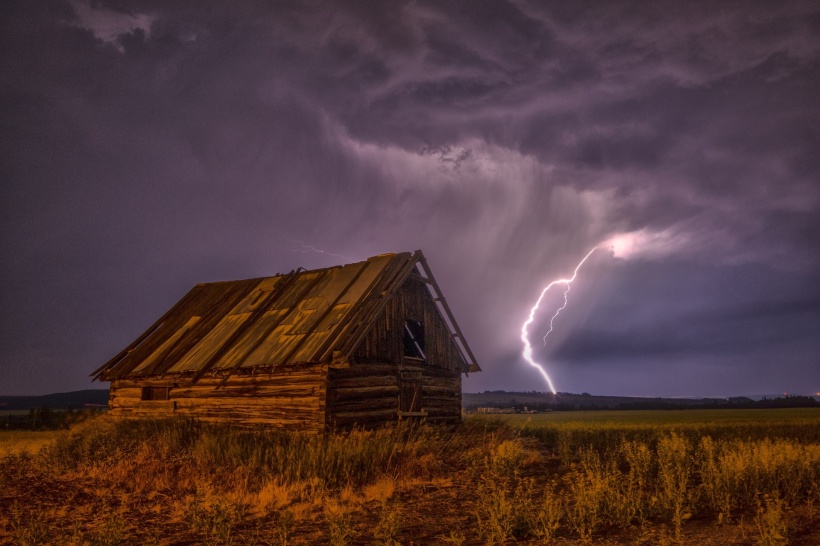There have been some pretty dark days in ministry over the years. Some of the darkest times stem directly from sin. It could be my own sin or the sin of others that pushes the darkness, but I have learned that there are 3 things a pastor ought to remember in these times. (yeah I am sure there are like 50 other things. But I find that these things are the ones that I need to remember the most)
First, you are not God
I am not God. I don’t have power. I can’t persuade hearts. I can’t move mountains. I can’t affect change. I can’t sooth hurts, calm nerves, enlighten eyes, thrill hearts, or illuminate minds. I can’t even do these things to myself. When I read the Scriptures, ultimately I can’t understand them without the Holy Spirit.
All I can do are two simple things. First, try to be as clear as I can when I am sharing the Word of God. Whether I am preaching, teaching, witnessing, encouraging, leading, persuading, or sharing, the best I can do, the MOST I can do is try to be as clear as I possibly can. And then get out of the way.
The other simple thing I can do is pray. Prayer is powerful because God is powerful. As God governs and guides his world, to his ends, for his purposes, with his aims, he has chosen to use the foolishness of preaching and praying. Prayer can do whatever it is God wants it to do.
So remembering that we are NOT God should help us clear out the cache of tasks that we really have no business worrying about. Then we can focus, as pastors that is, on the two things God has given to us: Ministry of the Word and Prayer.
Second, you are not indispensable
Even if we stay in the same church for decades, we are only one blip on the radar for the growth of these people. Their families, other pastors, friends, books, internet preachers, are all blips in their lives.
And God many times uses others when we can’t be used at the moment. Or let’s put it another way, God cares more for our church’s spiritual growth than you or I ever will. He will complete what he started in them, even if he does it without us.
There are even times we are simply useless. Our sin runs amok, and our zeal is lagging. Yet, God’s people are still making progress in spite of us. Why? Because God is not limited to one single man in the lives of hundreds of people. God has great means at his disposal.
So we are not necessary, but we are wanted. God wants to use us in the lives of the church we serve; the people want us to use our gifts to serve them and help them. But in the end, God can get someone else to replace us, and there are more people serving your congregants than just you.
Third, you are not alone
I think this might be the hardest part for most of us as pastors. We can spend hours with people in meetings, appointments, worship services, and even service projects, and we can still feel totally alone.
No one seems to understand the burden we bear. God has charged us with the spiritual oversight of a group of souls, and we will give an account of how we have shepherded these people. Then there are the daily pressures of preparing sermons and being clear, counseling and giving people advice that we hope is right, and leading and modeling how Christians ought to live.
So at times it feels that no one else is doing what we are doing. It feels no one cares what it is we are doing. But we are not alone.
God has promised to be our God and for us to be his people. The writer to the Hebrews reminds them that God will never leave them nor forsake them. It’s a New Testament way of saying, ” I will be your God.” Because of that, we are never alone. We have with us the Triune God in his oath swearing self. And so we are not alone. We can walk through these dark days; we can face the hard times. We don’t have to go it alone. If we feel alone, it is because we are failing to believe what God has said.
But I think we need to also say, usually the people in our churches are with us. They might not understand all the pressures we face, but they are there. They might not grasp what they could do for us, but they haven’t left. They might not be very vocal, but they are just a phone call away. They might even be ugly to us and expect of us beyond what they should, but they are still there. And we are not alone. God by his grace, through these people that seem to not be growing and learning or loving Christ, are actually the ones God will often use to bring his grace, mercy,and compassion to us. Because if they treated us as we have treated them(except those times when someone who is really evil towards us), we would suffer greatly. I think we find that these people we believed so immature, are actually many times more mature than we ourselves, because rather than throw their hands up and walk away from the church and from us. Quietly wait for us to get ourselves together, praying for us, and longing for us to realize we are not alone.










You must be logged in to post a comment.